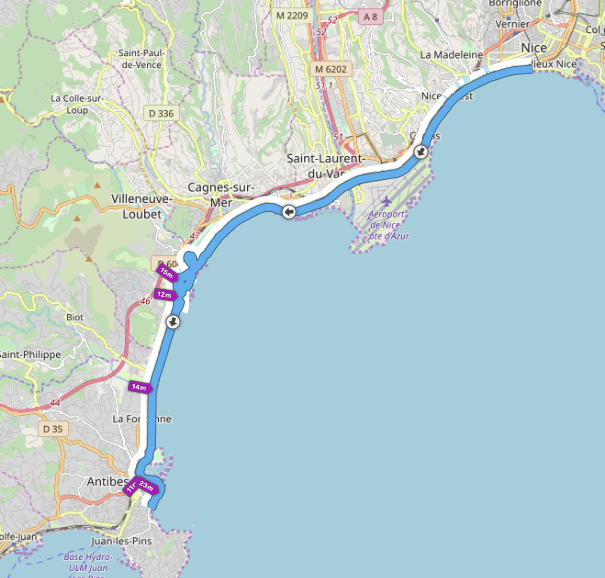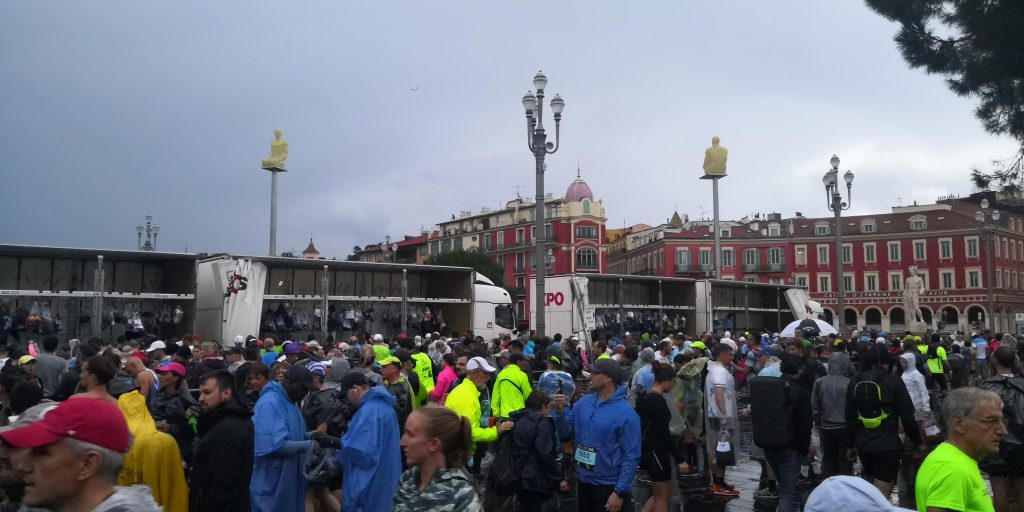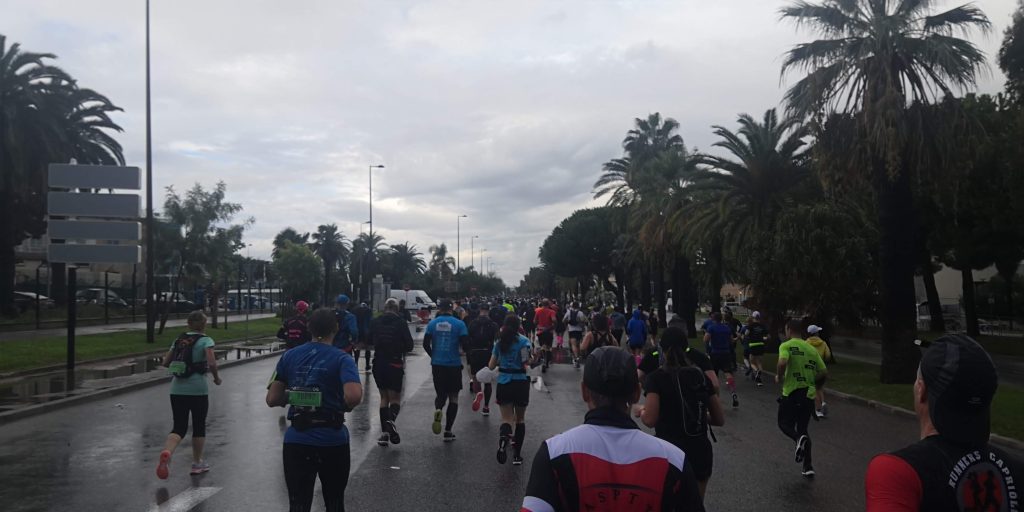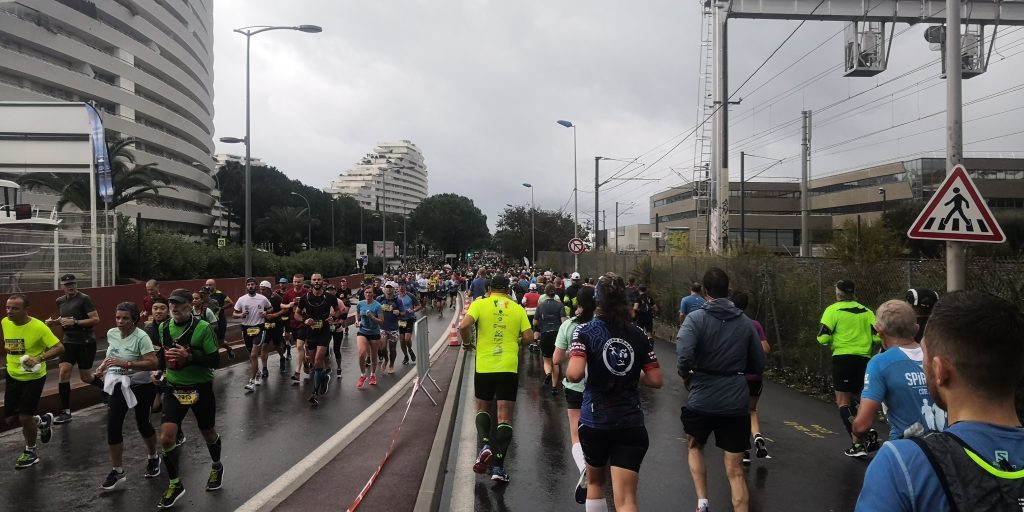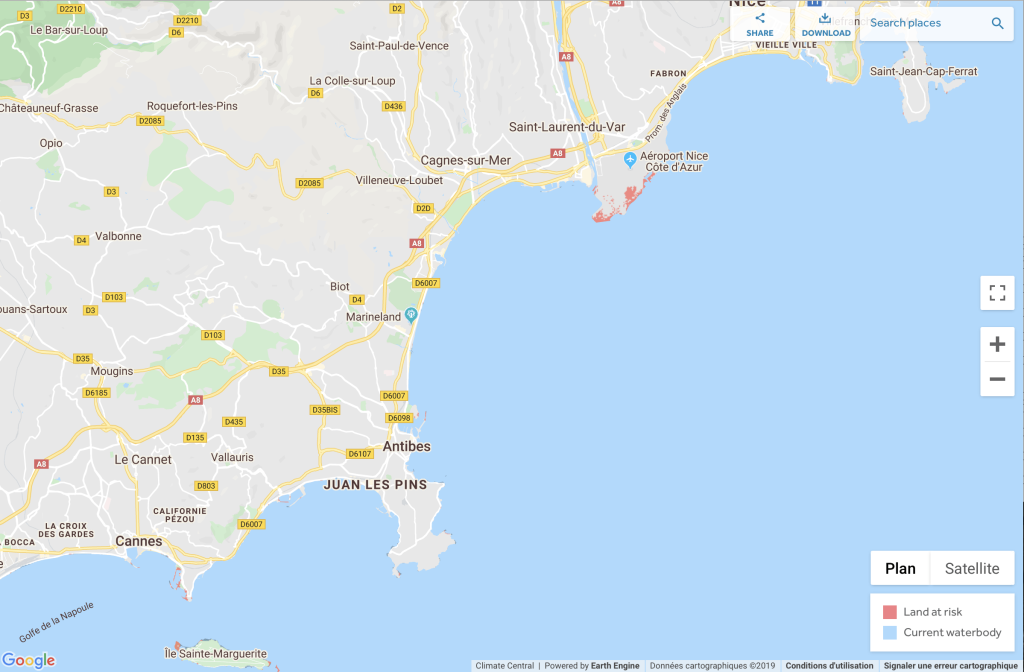1 – @clemovitch
« Si on est au SMIC, faut pas divorcer ! »
Les propos de Julie Graziani ne sont pas un dérapage. Ils s’insèrent dans une stratégie : celle de l’extrême droite. Ils servent un objectif : la conquête du pouvoir.
Décryptage, pour @cliquetv.pic.twitter.com/RSBfguWNRQ
— Clément Viktorovitch (@clemovitch) November 5, 2019
2- @Qofficiel
? L’ex-député René Dosière, spécialiste des dépenses de l’Elysée, est notre invité. Il détaille le budget de la présidence de la République…
?Verdict ? 110 millions d’euros sur l’année 2019 soit l’équivalent de celui d’une ville comme Versailles.
#Quotidien pic.twitter.com/bELAsQymPd— Quotidien (@Qofficiel) November 4, 2019
3- @RTSmonde
? Le cri d’alerte de Roger McNamee, ancien mentor de Mark Zuckerberg et auteur de « Facebook, la catastrophe annoncée » @Ed_quanto ? https://t.co/hLWoXGNVDF pic.twitter.com/4V0CznjDlf
— Tout Un Monde (@RTSmonde) September 24, 2019
4- @Independent
Alexandria Ocasio-Cortez grills former Exxon scientists on oil giant’s climate change denial pic.twitter.com/uW6OFrHow2
— The Independent (@Independent) October 25, 2019
5 – Les SUV … un désastre !
« C’est pas à moi c’est à ma mère ! »
Rouler en SUV ça pollue, mais les conducteurs ont toujours une bonne excuse… ? ?@azzahmedchaouch #Quotidien pic.twitter.com/buio1KqruW— Quotidien (@Qofficiel) October 18, 2019
6- @TheDailyShow
Trump vs. Trump: Kurds Edition pic.twitter.com/eqMMwNWtlg
— The Daily Show (@TheDailyShow) October 17, 2019

